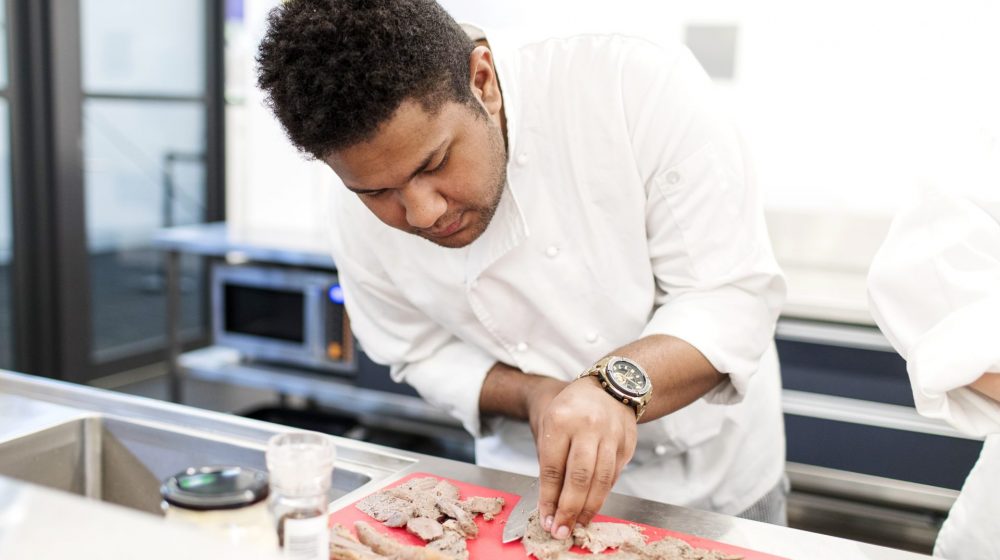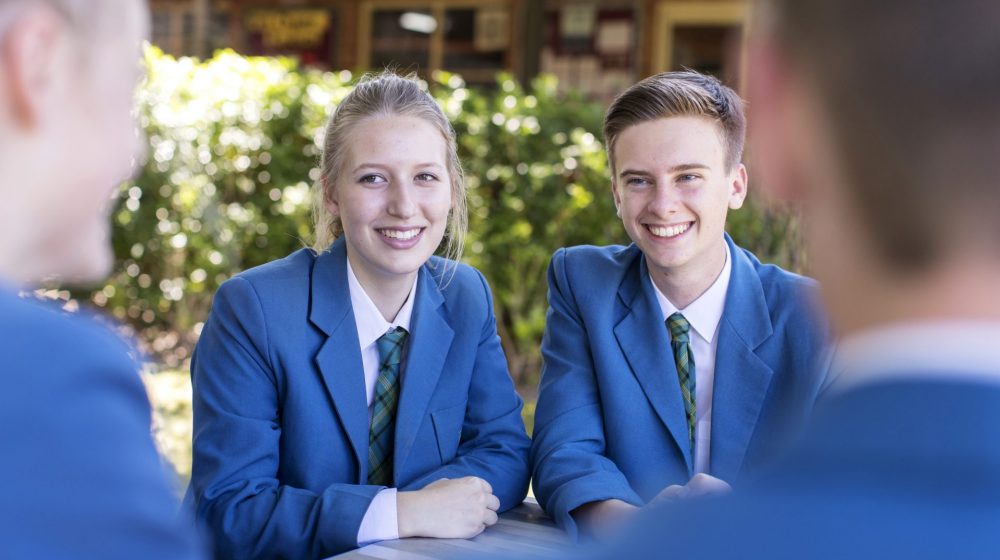Published on June 25, 2020
Ignoring the process of career development occurring in childhood is similar to a gardener disregarding the quality of the soil in which garden will be planted.*
Today’s workplace is ever-changing and complex, with a huge array of employment opportunities for our graduates. However, for many young people, navigating their way through a career path that fulfils their personal and professional needs and goals can be difficult and overwhelming.

HVGS students leave us armed with a plethora of valuable educational experiences and ambitions. Helping students access their desired career, while also ensuring that they possess the necessary industry and soft skills required to thrive in their chosen path, requires specialist attention and purposeful structures. The HVGS Futures and Careers Framework provides the structure to support students to thrive beyond the school gates in the everchanging world of work.
Careers education and Futures education – what is the difference?
The difference between Futures education and Careers education is nuanced. Futures education takes a holistic approach to life after HVGS as staff and students seek to develop and lean upon the critical thinking skills taught in every classroom, utilising these skills to support students as they look at options through the emerging lens of adulthood. These activities might range from interview techniques to the writing of resumes through to the study of personal finance management.
The Careers focus provides targeted experiences for individual students to engage with, and access, their selected career pathway. These experiences are designed to support students in defining their path and might include completing work experience in a field of interest or engaging with experts through virtual reality headsets, for example. This progression ensures that students make appropriate course decisions and meet the requirements needed to access their chosen employment, TAFE course or university
degree pathway.
Why should students engage with Futures and Careers Education?
Schools must engage with students in Futures and Careers education from a young age. This insight is shared by leading industry and tertiary education professionals who support the notion of career-based conversations commencing in primary school. The benefits of students engaging with career-related learning are extensive; shifting preconceived biases regarding occupations and roles within various industries, broadening an individual’s horizons and sparking curiosity.

HVGS Futures and Careers Counsellor Mr Scott Warnock has developed a Futures Framework purpose-built for the HVGS
context. The framework recognises and adapts to the needs of our students and at its core supports students who know their
exact career pathway, while also catering for those students who draw a blank on what to do next.
“My role is multifaceted and starts with supporting all students in accessing their potential futures and careers pathways,” he says. “I seek to challenge students to access opportunities that they may not have considered as well as counselling students to explore a pathway in which they can flourish.”
Senior students can connect with Scott through a variety of platforms, but most get to know him via an initial year level career discussion. Topics for Year 12 students may include specific state, national and international tertiary education options as well as possible scholarship opportunities, university accommodation and apprenticeship prospects. For other year groups, sessions might entail futuristic opportunities for this generation of learners. Sessions are followed up with individual consultations for students and parents. How HVGS supports Futures and Careers education for students HVGS provides a range of opportunities for students, and the School’s commitment to the HSC, International Baccalaureate and bespoke pathways highlights how we are supporting globally minded, inquiring students.
In 2020, we are offering a record number of Technical and Vocational Education and Training positions through TAFE as well as supporting several students to complete School Based Apprenticeships and Traineeships in Business Services, Health Services and Retail. By supporting our students in these endeavours, alongside increasing our connection with HVGS alumni through work experience opportunities, we continue to strive to provide a future-focused learning experience, which is the catalyst for a love of life-long learning.
* Niles, S. G., and Harris-Bowlsbey, J. (2017). Career Development Interventions. (5th ed.). Toronto: Pearson.
